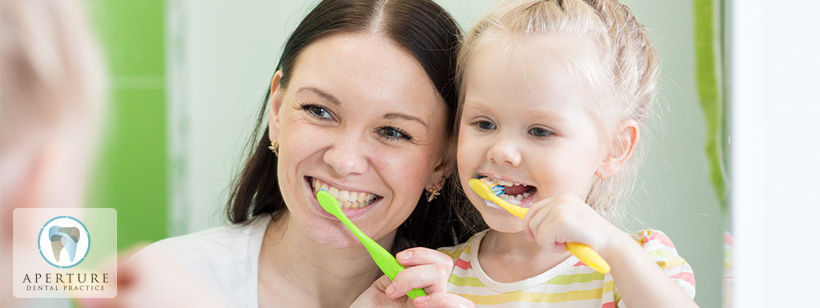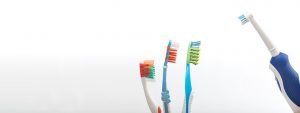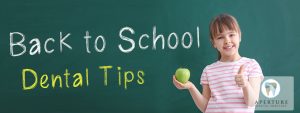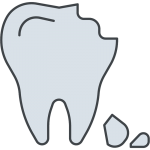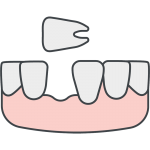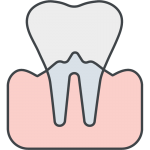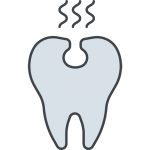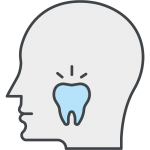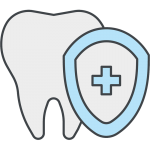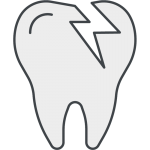Have you ever had the experience of being dead tired lying in bed at night, but just can’t go to sleep because you haven’t brushed your teeth, or taken off your make-up? After a few minutes, you drag yourself off to the bathroom…
THAT, is the power of habit.
Habits keep us going on the straight and narrow even when we least feel like it.
This is why, we always say, make oral hygiene routines a HABIT for kids.1 When is the best time to start? As soon as possible! Habits that are learned early in childhood tend to stick.
Oral health is such an integral part of our general health and well-being, contributing to a happy healthy life. We will talk about how it affects our heart, brain, immune system etc on another day. For now, let’s focus on what are the good and bad habits we need to be aware of, to set our children up for lifelong great oral health.
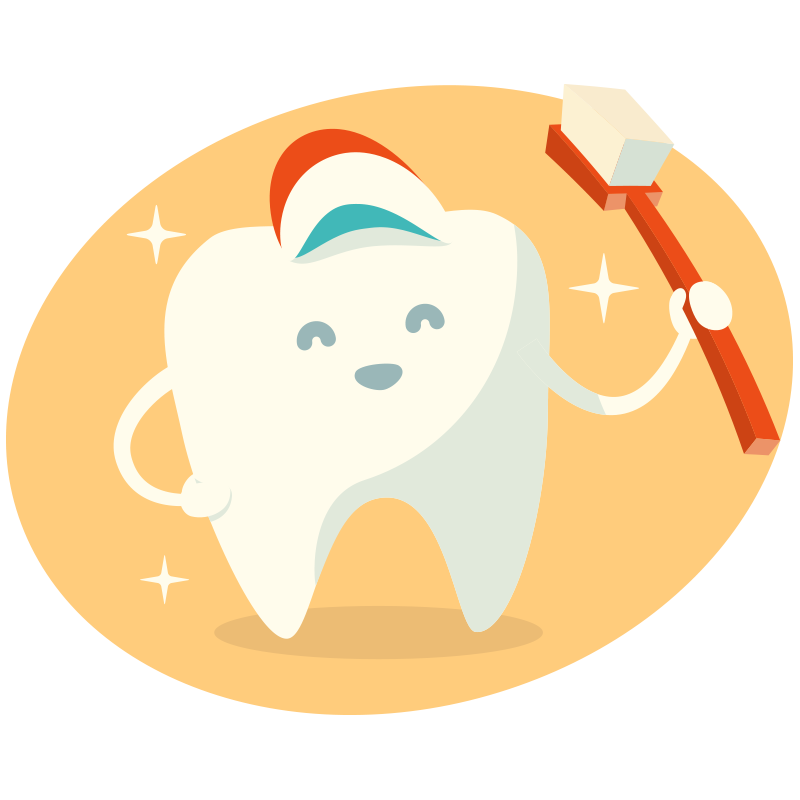
Bad Habits that should STOP, and why:
It's natural for many children to suck their thumb for comfort, as this habit begins in the womb. In most children, it is not a cause for worry as they will naturally lose interest when they turn 2-3 years old. However, if your child is still sucking their thumbs when their permanent teeth start to come in, it may disrupt normal oral development and affect teeth alignment.2
Studies have shown that frequent snacking or grazing is a major source of tooth decay.3 Eating and drinking affects the pH levels in the mouth. Usually, our mouths become more acidic when we eat. It takes at least 20 minutes for the pH levels to neutralise afterwards. However, with frequent snacking, the mouth will be constantly acidic with no time to return to neutral. This acidic environment attacks the enamel of the teeth, causing it to weaken, leading on to tooth decay.
Drinking milk or juice from a bottle exposes teeth to sugary liquids for longer periods of time, as compared to drinking from a cup. This increases the risk of tooth decay. The motion of sucking on the bottle (or pacifier) can also cause existing baby teeth and incoming permanent teeth to become mis-aligned. We typically see an open bite in these children, where the front teeth remain apart even when the mouth is closed.4
40% of children suffer from preventable tooth decay.5 Not brushing their teeth well, or not brushing at all, is a big factor that leads to cavities, toothache, or other problems.
Healthy Oral Habits for Children:
- Eat healthy foods, less frequent snacking, and drink fluoridated water6
- Brush and floss twice a day, morning and night. Children under 8 should be assisted by an adult as their little hands may lack the coordination needed for a good clean!
- Use a children's fluoride toothpaste
- Develop a good relationship with a trusted dentist. Have their First Visit to the Dentist soon after they celebrate their first birthday7
- As adults, don't share utensils with your child if possible, as this can transfer cavity-causing germs to your child
Signs that your child may have poor oral hygiene or a dental problem
- Visible hole in a tooth
- Toothache and pains
- Bad breath
- Sensitivity to hot, cold or sweet foods
- Plaque and tartar deposits on the base of teeth
If your child has any of the above symptoms, they may have tooth decay, gum disease or other dental issues. It is an indication to bring your child to the dentist. It cannot be emphasised enough that detecting problems early means the management is simpler, outcomes are better, and your child’s experience will be more pleasant.
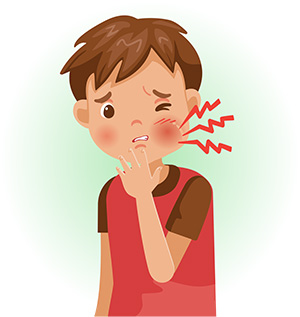
Prevention is Better than Cure
At Aperture Dental, our priority is to treat less and educate more. We partner with parents to help children keep their oral health in tip top shape. We also want to make sure that your child’s experience is a positive one. With care and patience at the forefront of our minds, we are confident your little one will be looking forward to seeing our kids’ dentist for their regular checkup!
Book an Appointment Now
References and Further Reading
- Why you should teach kids good dental habits from a young age [Link]
- Common kids dental problems [Link]
- How snacking can affect your oral health [Link]
- How using a bottle after 1 affects your kid later in life [Link]
- What happens to kids who don’t brush their teeth? [Link]
- Children’s Oral Health [Link]
- Healthy children’s dental habits [Link]


